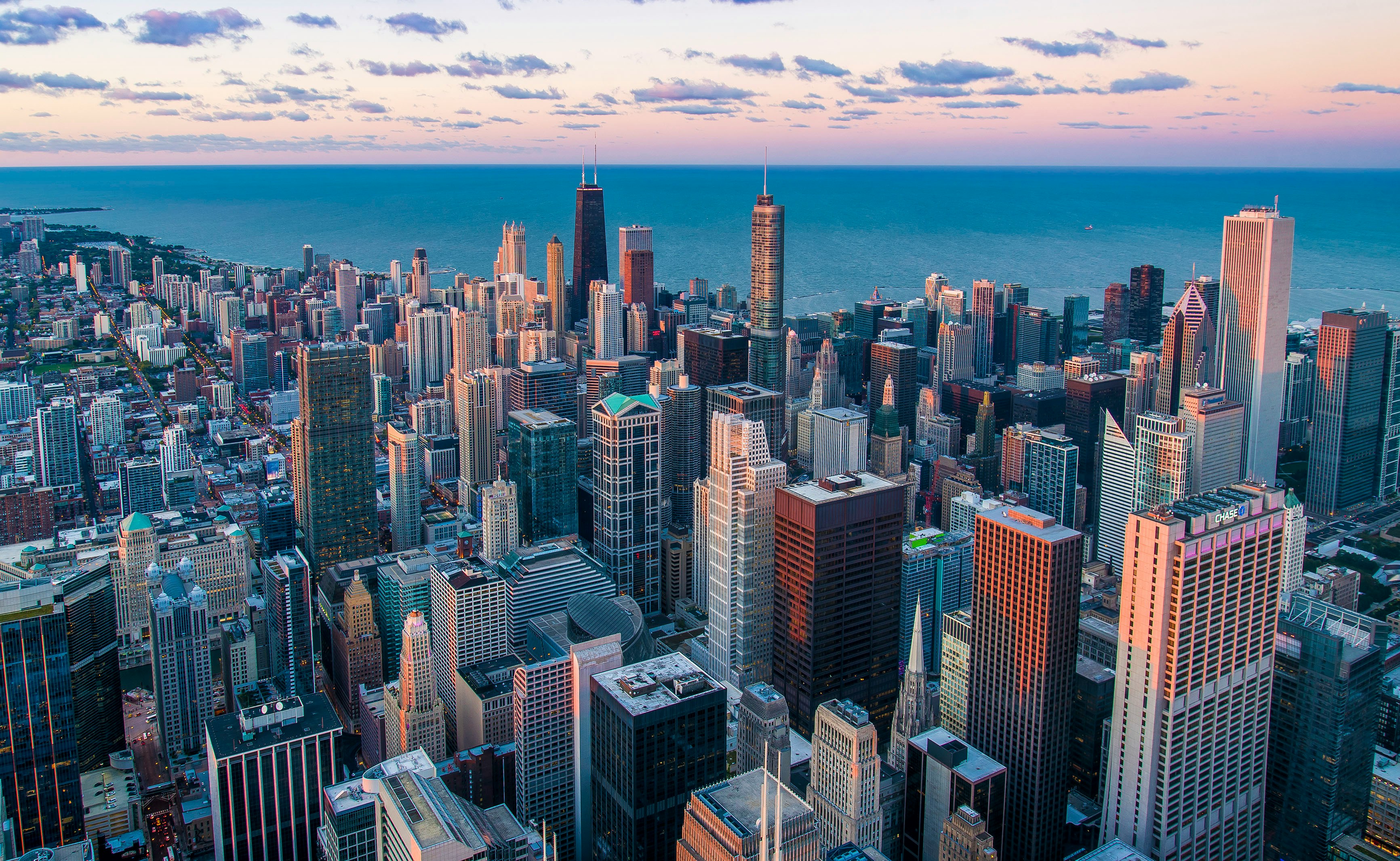Research
With future projections of both population growth and climate change, exposure to environmental hazards and subsequent risks and vulnerabilities are only expected to increase. Urban environments are complex social and physical systems that are susceptible to these changes. Urban dwellers, as active components of cities, are exposed to both extreme events like extreme heat, drought, flooding, and hurricanes, as well as slow-onset environmental changes such as sea level rise, land subsidence, global warming, and changing patterns of exposure. These conditions often lead to compound and cascading hazards (CCHs), where multiple events either overlap in space and time or trigger a chain reaction of impacts across systems. Due to a lack of understanding the risks and impacts associated with these natural disasters, they pose new challenges for governments at all levels in developing adaptation policies and disaster risk reduction strategies. Therefore, this requires a shift in focus from managing isolated disastrous impacts to assess the combined effects of natural hazards under the interconnedted natural, social, and ecological systems. My research develops and applies data-driven techniques and micro-level urban simulation models to integrate different components of the built environment to explore interactions between social and natural systems under the compound effects of natural hazards and climate change and facilitate community adaptation decision-making.

